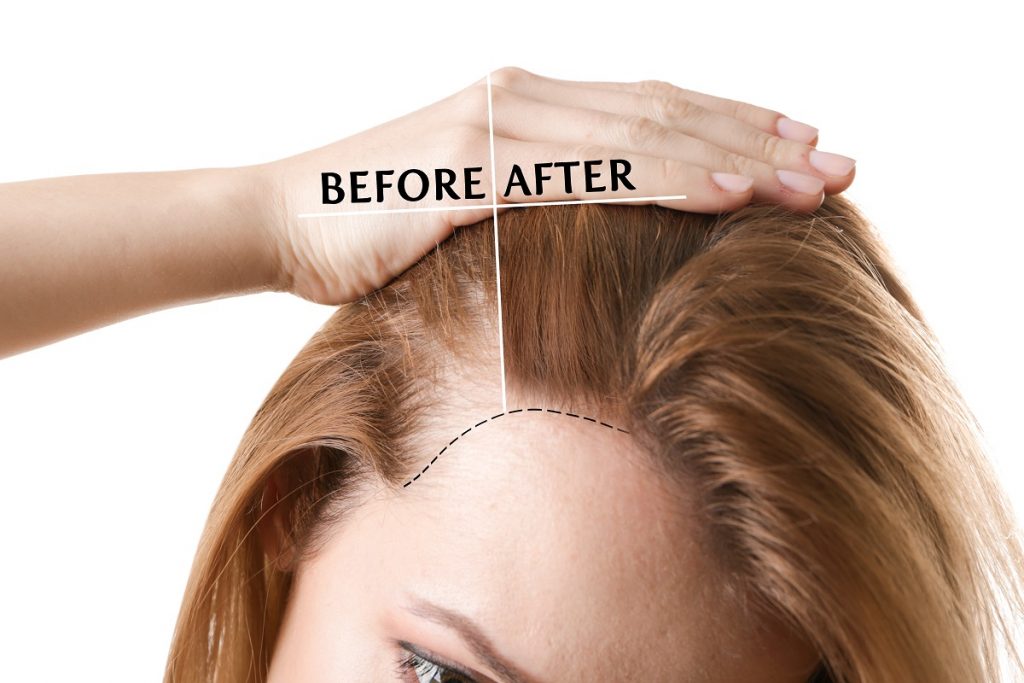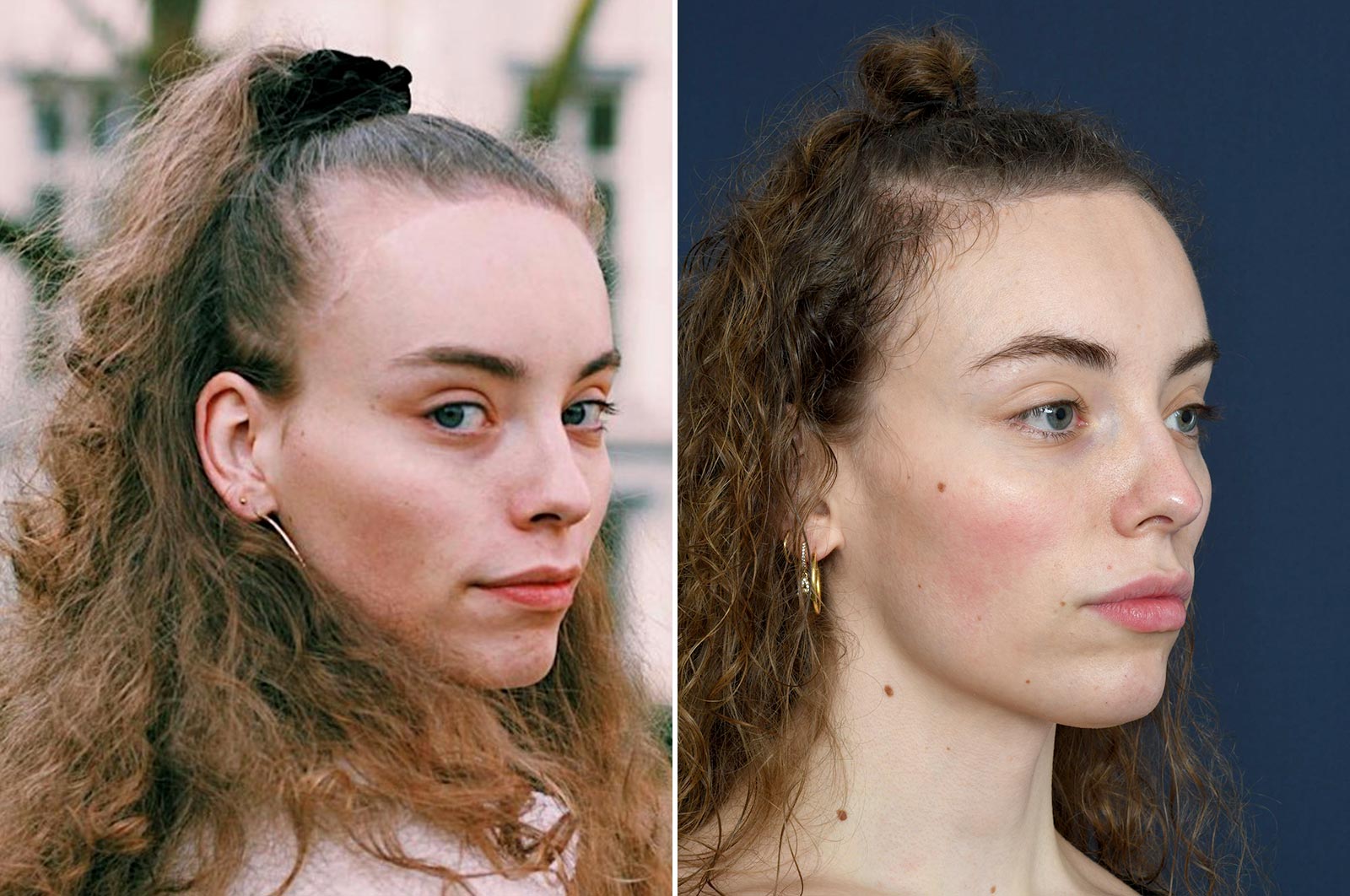Hair Transplant
Hair loss is an important problem faced by both men and women. In addition to the genetic factor which is the most common cause, there are other non-genetic factors that affect hair loss including stress, poor nutrition, certain medical conditions like diabetes and anemia, Hair loss in mild cases is treated by some medications, in advanced cases hair transplants may be the best way to get your hair back.
Hair Transplant:
A hair transplant is a procedure to move healthy hair to bald areas, the surgeon usually moves hair from the back or side of the head to the front or top of the
head. Hair transplant occurs in a medical office under local anesthesia and it will take about 4 to 6 hours or more


Hair transplant techniques:
Direct Hair Implantation technique (DHI):
As a first step individual hair follicles are removed using a specialist tool. In the next step the hair follicles are loaded into an implant device known as the Choi Implanter Pen and the procedure is performed by implanting them directly into the recipient area. During the DHI procedure, the creation of the channels and the implantation are completed at the same time, this technique does not cause any pain during the procedure, and does not leave a scar.
The Sapphire FUE Technique:
The sapphire technology uses a pen like structure consisting of a sharp tip made from Sapphire stone. This tool creates high-precision openings in the bald area where the extracted hair will be implanted, this technique provides a more natural look with higher hair density, and does not cause any complications after the session.
It is necessary for hair transplantation to be carried out under sterile conditions to avoid infections, and this is what we take into account at Gravity Clinic.
Cases in which hair transplant is recommended:
- Men with male pattern baldness.
- Women with thinning hair.
- Hair loss caused by burns or injuries.
Hair replacement is not a good option for:
- People who don’t have enough healthy hair on their scalp that can be transplanted to the bald area.
- Women with a widespread pattern of hair loss throughout the scalp people whose hair loss is due to some medications such as chemotherapy
- Very young patients
Procedures before hair transplant:
- You need to tell your medical consultant in case you are taking any kind of medication.
- Inform your medical consultant in case you have any chronic disease such as diabetes or high blood pressure.
- You should stop taking aspirin and blood-thinning medications for seven days before the operation.


What happens after hair transplantation?
Your scalp may be sore, and you may need to take medications after hair transplant procedure, such as:
1- Painkillers.
2- Antibiotics to reduce your risk of infection .
3- Anti-inflammatory medications to keep swelling down.
Hair washing should be avoided in the two days following the procedure. Most people can return to work several days after procedure
It’s normal for the transplanted hair to fall out 2 to 3 weeks after the procedure, before the transplanted follicles start growing again. Most people will see some new hair growth 8 to 12 months after the procedure. Your doctor may prescribe minoxidil to improve hair regrowth.
The complications associated with a hair transplant:
Side effects from a hair transplant are usually minor and clear up within a few weeks, complications are often in the form of infections and are avoided by taking antibiotics
Hair transplant results:
Gravity clinic will ensure you get the best results, by using the necessary preparation the transplanted hair will look natural. Six months after the procedure, you will be able to style your hair exactly as if it were natural.
